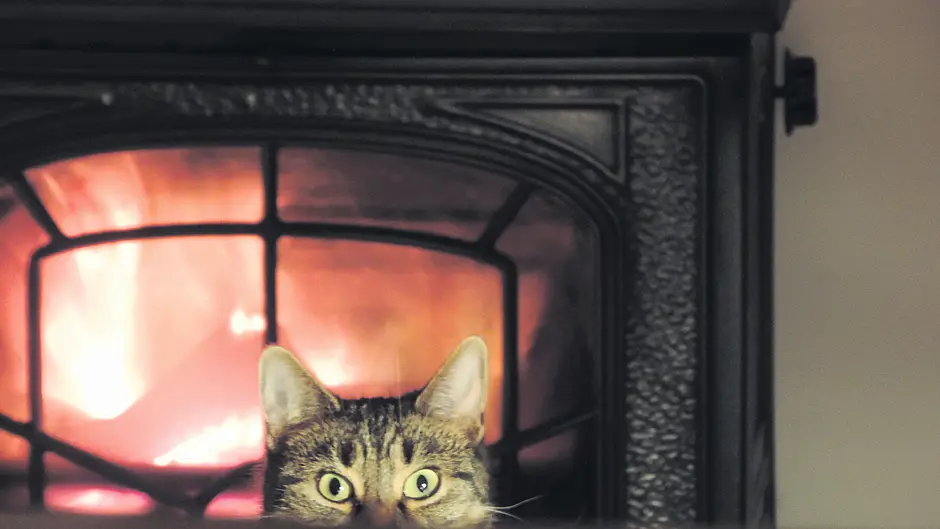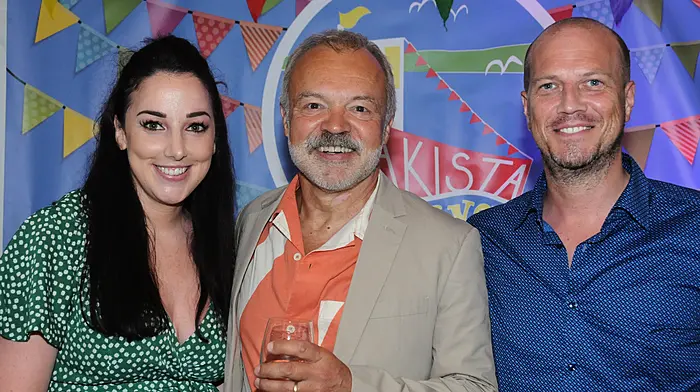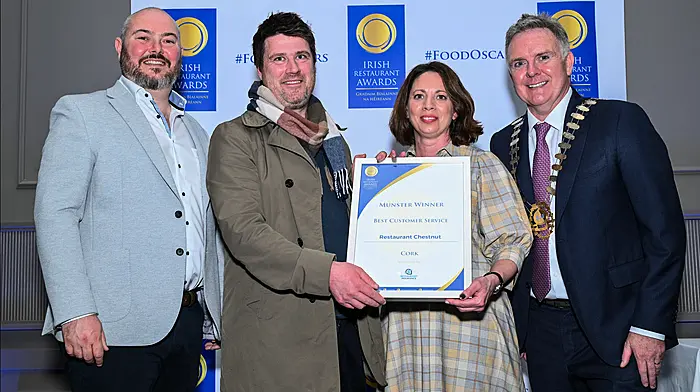LIKE many others, I am a willing slave to a cat. She’s bossy and demanding but also fantastic company and really just great fun to interact with.
There are many reasons why the cat is the most popular pet in the world and the relationship between our two species stretches back over millennia. In some cultures this animal was traditionally worshipped, while in others it was persecuted as a representative of the devil himself.
Here in Ireland, cats were once highly valued, perhaps even more than they are today.
Wild cat
Genetic studies show that the cats we keep as pets today are descendants of the African wildcat (Felis libyca). These wildcats were domesticated in western Asia around 9,000 years ago.
As one of the last animals to be domesticated by humans, the cat still retains its independent nature and many of its ‘wild ways’ – as any cat owner will attest to.
Early Egyptians had domesticated cats as early as 2,600BC using them to protect the granaries along the Nile from vermin. They were later used for the same purpose on trading ships, and were dispersed far and wide as a result. And, with the arrival of the Romans in Egypt, they came to be shipped all over the Roman Empire.
Cats in Ireland
The Romans most likely brought the cat to Ireland too, with the earliest evidence of cats on this island dating back to the second century AD.
As in other countries, the cat was regarded as a useful deterrent against vermin but was also kept as a pet. Under early Irish (Brehon) Laws, if a cat could both purr and guard against mice, its value was deemed to be no less than that of three cows. That would certainly not be the valuation put on a cat in Ireland today!
Traditionally, there is a lot of folklore and folk medicine associated with cats in Ireland. Many of the folk tales relate to the wild nature of the animal, with the tale of the king of the cats as one example. The story starts with a man on a journey who is attacked by a large cat. He manages to kill it with difficulty but, as it lay dying, the cat told the man that it was the king of the cats. When the man got to his home, he told the story to his wife. And with that, their pet cat, which had been sleeping by the fire, leaped up and attacked the man and killed him.
The folk medicine associated with cats focusses particularly on black cats who were thought to provide remedies for a variety of ailments.
One belief held that the blood from a black cat was a cure for a skin disease called erysipelas. It was also thought that the singed fur of a black cat would soothe skin burns. And, most bizarre of all, the old Irish cure for whooping cough involved drinking water that contained nine chopped-up hairs from a black cat.
The cat also appears as a character in ancient Irish myths. A physician of the Tuath Dé Danann is said to have used a cat’s eye to replace one lost by a young warrior in battle. But even though his sight is restored, the cat’s eye gave the warrior trouble ever afterwards – alerting him when it heard a mouse squeaking or birds in flight.
The hero Cúchulainn also had a run in with cats in the form of seven fairy cats with poisonous tails.
One drop of this poison could penetrate Cúchulainn’s heart and kill him so he deftly chopped off their seven tails with one sweep of his sword and the fairy cats were vanquished.
However, probably one of the most charming and well-known references to cats from old Ireland was a ninth-century poem written by a monk about his white cat, Pangur Bán.
Hundreds of years later, this man’s evident love and respect for his pet lives on in these beautiful words:
Both myself and Pangur Bán,
Each have trades we call our own
Hunting words my only vice,
He, my white cat, hunts for mice.
I do not care for fame or glory,
Just a book with a well told story.
Pangur does not envy that,
He’s content to be a cat.
Though we sit close by all day,
We never harm each other’s trade.
Each content to work alone,
Happy with skills he’s made his own.
Swift and sure is Pangur’s aim.
Each and every day he trains.
My own training strives to find,
Out of darkness a clear mind.








